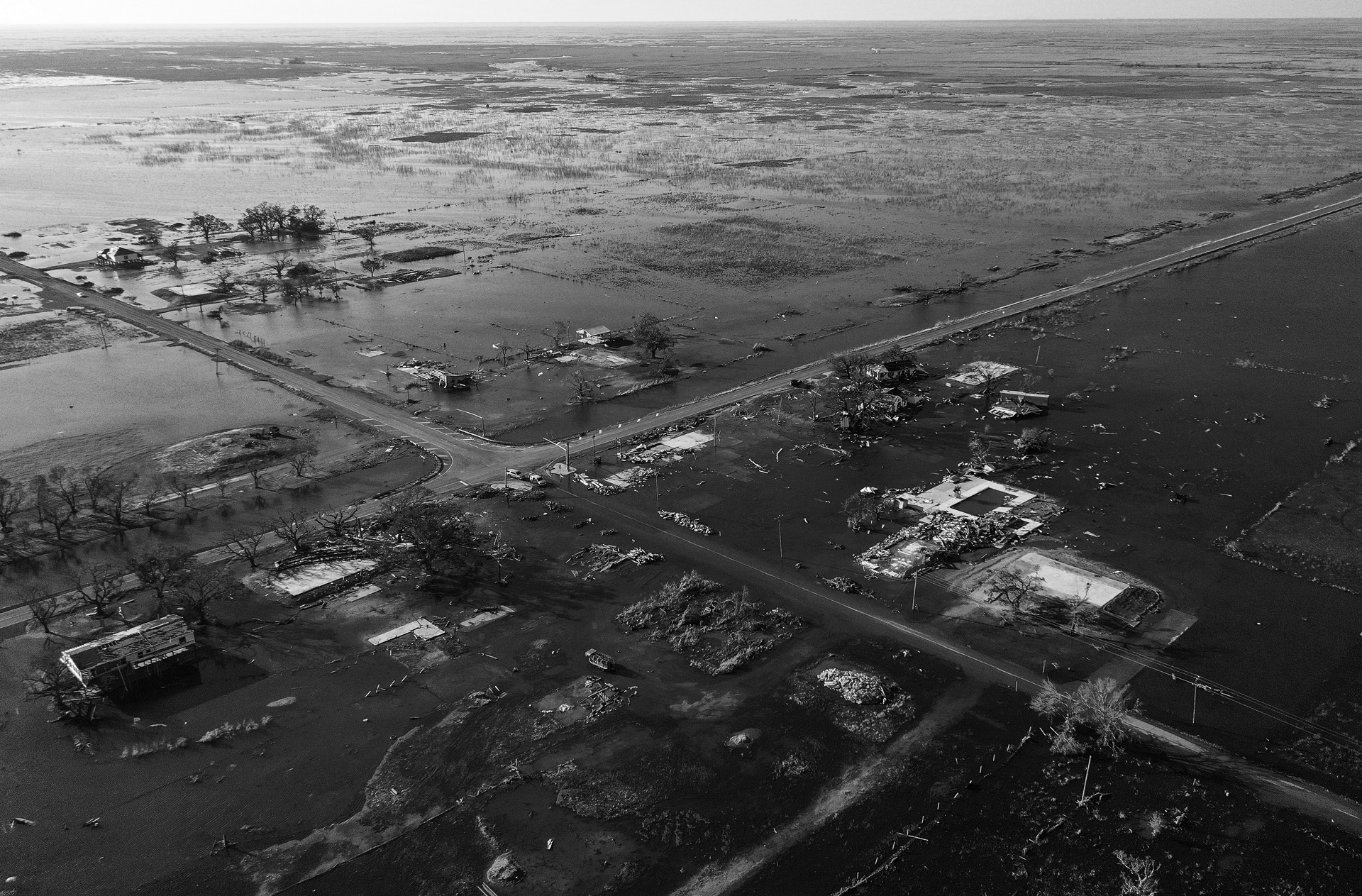The property insurance market has witnessed a notable hardening in recent years, primarily due to catastrophic weather events. Moody's latest RMS hurricane model, introduced in June 2023, is poised to further complicate conditions, particularly impacting commercial insureds in Gulf states and the Southeast.
Moody’s RMS version 23 brings substantial updates to existing models, addressing core perils and climate change views while introducing enhancements in geocoding, model flexibility, data framework and security. These alterations could ultimately result in unexpectedly high CAT losses in models and prompt carriers to shrink their capacity in markets already facing challenges. And while version 23 did not impact midyear renewals in 2023, it is expected to drive probable maximum losses and deployment of aggregate in 2024.
Why CAT Modeling Is Important
Catastrophe modeling plays a crucial role in the insurance industry, helping insurers and underwriters assess and quantify potential risks associated with events such as hurricanes, earthquakes, floods and wildfires. In understanding these risks, insurers can make informed decisions about coverage limits, terms and conditions, as well as provide the most accurate pricing. This infographic helps break down exactly how CAT modeling works.
Notable Changes in RMS 23
In Moody's RMS version 23, the updates and enhancements to existing CAT models for core perils and climate change views help predict the potential impact of natural disasters on the property insurance market. The most significant transformations within RMS 23 revolve around medium-term rates for hurricane risk and vulnerability enhancements to residential and non-residential structures.
Medium-term rates refer to Moody’s RMS view of event frequency in the North Atlantic and consider current and projected near-term climate trends to determine hurricane risk. Since we are currently experiencing a high sea surface temperature and North Atlantic oscillation is low, there is more potential for storms to form. Higher, longer storm tracks mean storms can intensify more quickly and stay intense for longer periods of time.
Updates in vulnerability stem from the incorporation of claims data following recent catastrophes. After hurricanes Irma, Michael and Ian, as well as some of the other historical storms we've had more recently, Moody’s looked at vulnerability for properties like condo HOAs (homeowners associations) and some commercial risks such as restaurants and found those performed much worse than anticipated. Therefore, the vulnerability for those types of structures was increased.
Anticipating the Impact of RMS 23
Insurers and reinsurers are expected to fully adopt RMS 23 within the next year, driving probable maximum losses and aggregate deployment into 2025. And, as more rating agencies begin to use RMS 23, the potential impact could be extreme.
However, experts agree we are currently in a stage where reinsurers are vetting RMS 23 and using iterations in conjunction with RMS 21. And, while changes are on the horizon for renewals in April and July – with a potential hammer dropping when all the rating agencies begin to use RMS 23 – recent legislative reforms in Florida's insurance market could mitigate the impact and offer a potential buffer against the upheavals in capacity.
We Help You Win
The insurance marketplace is always evolving. At Amwins, we stay on top of these changes – to help our clients win. We work with you to navigate market challenges and no matter the coverage requirements, our top priority is helping you secure the solutions that best serve the needs of your clients.
Our team of specialists has a vast knowledge base to help ensure your understanding of how primary insurers utilize catastrophe models like RMS. The value brought by Amwins’ in-house actuarial team, who provide modelling and education to retail clients on RMS 23 and other catastrophe models used in the industry, is second to none. And, with our access to creative solutions, we can help you tap into new capacity being brought forward by carriers.
Contact your Amwins broker today to learn more.


